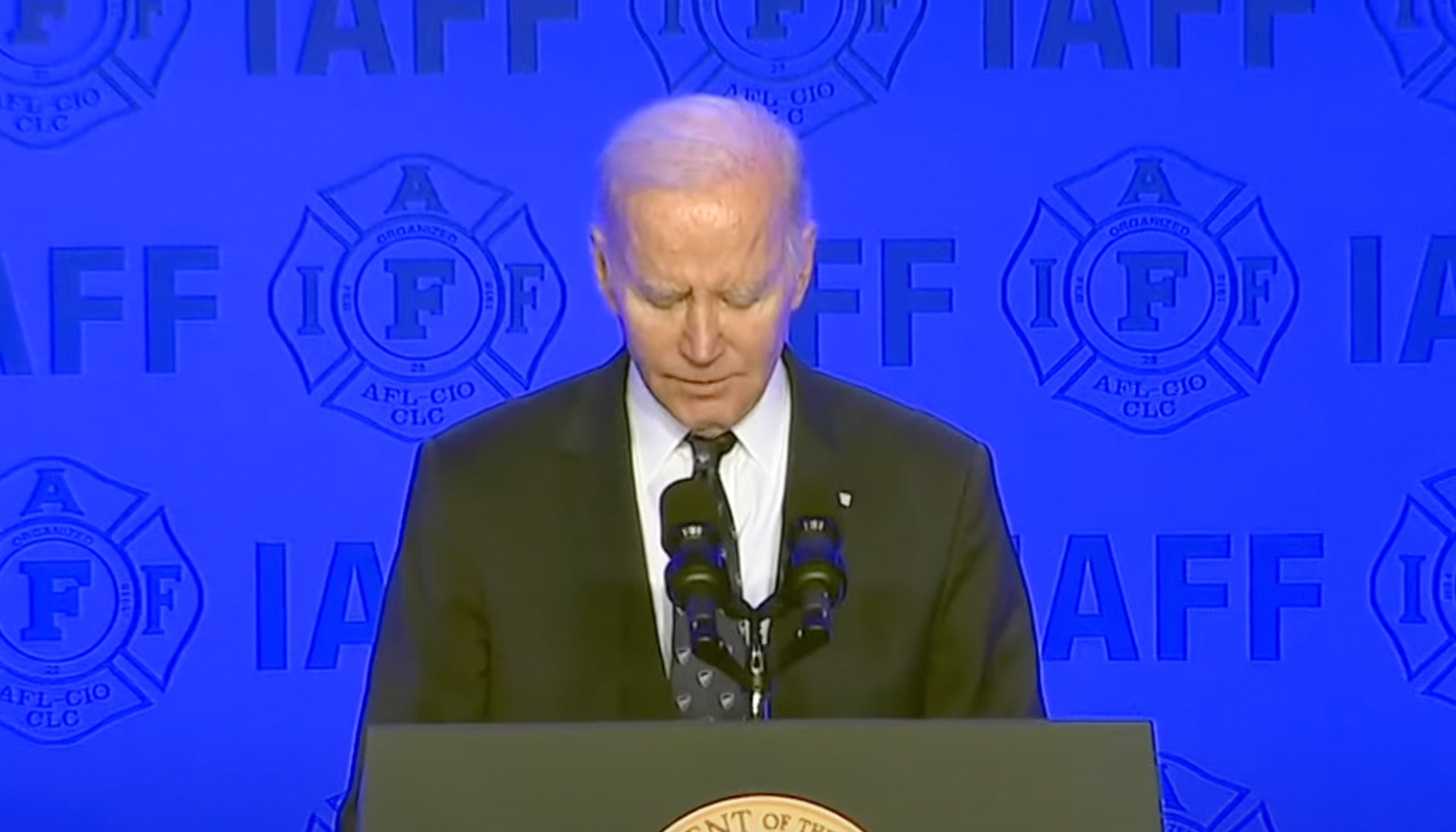Prominent Fundraiser Questions Her Own Future in Democratic Party
Lindy Li, an influential fundraiser and former member of the Democratic National Committee's finance committee, has announced her intention to leave the party, citing concerns over its financial management and perceived party culture issues.
Li's decision reflects her growing discomfort with how campaign funds are managed and the party's reactions to criticism, with the former official labeling the group akin to a "cult," as the Daily Wire reports.
Lindy Li, renowned for her substantial fundraising capabilities, has been a pivotal figure within the Democratic Party's finance sector.
Her recent discontent stems from her critiques of Kamala Harris's campaign spending, which she alleges to have been inefficient and wasteful. Li claims that the resources raised, approximately two billion dollars, were mishandled, with funds allocated to what she describes as extravagant spending.
Reports include claims of five-star hotel stays for campaign staff and substantial payments to influencers like Al Sharpton, raising questions about the campaign's spending priorities.
Public Backlash and Personal Toll
Her outspoken criticism, particularly of Harris's campaign spending choices, led to significant backlash from within Democratic Party circles. Li faced a rapid public boycott, with initiatives to unfollow and unblock her on social platforms resulting in the loss of 40,000 followers over just four days.
This reaction highlights the intense internal pressures within the party, where dissent can lead to severe social and political consequences for its members.
Describing her experience, Li likened the Democratic Party to a "cult," suggesting that questioning its actions results in being ostracized. This characterization underscores her feeling of alienation after being heavily criticized for expressing her concerns.
Despite the intense personal attacks -- which included being called a "communist spy" and enduring racial slurs -- Li feels that her criticism is warranted. She points out that those who claim to uphold moral superiority should subject their practices to scrutiny and self-reflection.
In interviews, including with outlets like Fox & Friends, Li expressed the harrowing nature of her experiences over the preceding week. She described her growing realization of what she perceives as a negative "stench" hovering over the party, a term she repeatedly used to describe what she views as its entrenched flaws. Her statements aim to challenge the Democratic narrative of being the inclusive party and call attention to what she sees as a contradiction in how they handle internal dissent.
Li's Insight into Party Culture
Li's frustration also stems from her view that her fundraising prowess is unappreciated within the current political climate. She notes that the party's reaction to her criticisms not only diminished her motivations but also prompted her to consider directing her efforts towards other causes. She finds the current atmosphere to be shrinking the party's inclusivity, pushing her to look outside for an environment that might better support her contributions and views.
The departure from the party is emblematic of her broader dissatisfaction, as she feels compelled to reassess her political affiliations. Li indicates a readiness to align herself with a political home that values her fundraising capabilities and contributions. Her assertion that the Democratic Party tent has shrunk reflects her belief that there is an unwillingness to accommodate differing views within its ranks.
Li's revelations have sparked conversations both within and outside the party about the implications of financial governance and cultural openness. How these discussions will affect the Democratic Party's structure and perception moving forward remains an unfolding story. Her critiques about the inadequacies in addressing where raised campaign money went have raised questions that may require more transparency and accountability from future political campaigns.
Implications for Democratic Leadership
The reactions to Li's departure underscore the challenges facing Democratic leadership as they balance internal debates with presenting a unified public front. The party, often heralded for its diversity and space for divergent ideas, faces criticism when those challenging its practices face backlash rather than engagement. Her departure highlights an ongoing tension between maintaining party cohesion and fostering a space for critical reflection on campaign strategies and financial management.
Li's decision to seek alternative political alignments suggests broader implications for Democratic fundraising dynamics. Her claim to move her "tens of millions" elsewhere suggests a practical impact on future campaign financing. Whether her departure leads to significant introspection within the party about its financial and cultural practices remains to be seen.
Political observers note that Li's departure raises important questions about how differences within party ranks are negotiated, especially by influential figures. Whether this incident prompts changes in how fundraising practices are conducted and scrutinized may hinge on the broader party's willingness to embrace differing voices and practices.
Broader Effects on Political Fundraising
The ongoing narrative of Li's departure is indicative of broader systemic issues that could influence how the party positions itself heading into future elections and how it cultivates relationships with key financial supporters. Her story may spark other influential figures to speak out, highlighting the evolving nature of political fundraising and internal party dynamics.
Li's departure from the Democratic Party invites scrutiny into the interactions and ethics of campaign spending while challenging the party to examine its cultural narrative and inclusivity. As she navigates new political terrains, the outcomes of her choices will be closely watched by both political insiders and the public, offering insights into the evolving landscape of political financing and party allegiance.






